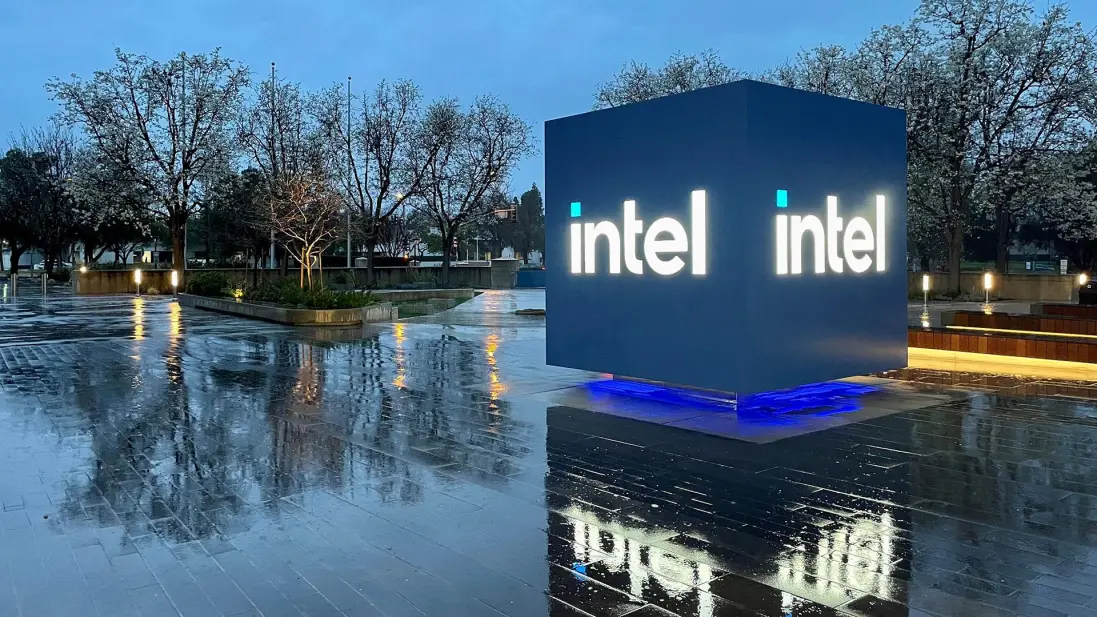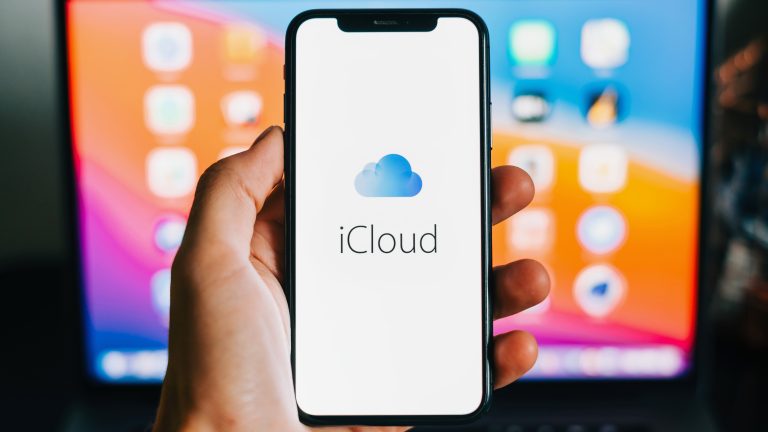
Intel just found itself in a deal that feels less like business freedom and more like being grounded by your parents. The Trump administration isn’t just writing checks—it’s making sure Intel’s struggling foundry business doesn’t suddenly get spun off or sold to someone else.
Here’s the tea: Intel’s CFO, David Zinsner, spilled the details at a Deutsche Bank conference. Under the deal, the U.S. government now holds a 10% equity stake in Intel. That’s not all. A little clause in the contract basically says: “If you dare spin off your foundry business anytime soon, you’re going to pay for it.”
And it gets even tighter. The deal comes with a five-year warrant that would let the government scoop up another 5% of Intel—at just $20 a share—if Intel’s stake in the foundry drops below 51%. Translation? Uncle Sam wants to make sure Intel keeps its chip-making hustle in-house, no matter how messy things get. Zinsner, though, doesn’t seem too worried—he expects that warrant will expire unused.
On the upside, Intel walked away with a sweet $5.7 billion in cash, money that came from CHIPS and Science Act grants that had been promised but not yet delivered. So, yes, it’s a win financially, but with strings attached—very thick ones.
Here’s the twist: Intel Foundry isn’t exactly a money-making machine right now. In fact, it lost $3.1 billion in operating income in Q2. Ouch. That’s why analysts, investors, and even Intel insiders have been whispering (or yelling) about spinning the unit off entirely. It almost happened last fall before former CEO Pat Gelsinger—the brains behind the foundry dream—unexpectedly retired.
The Trump administration, however, isn’t having it. The bigger mission here is clear: keep chip manufacturing on American soil and reduce reliance on Taiwan’s TSMC. For Washington, that’s worth babysitting Intel’s decisions, even if it means the company is stuck holding onto a business unit that feels more like a financial black hole.
At the end of the day, Intel got the cash injection it needed, but the deal shows one thing loud and clear: in the U.S. chip game, independence comes second to strategy—and right now, Intel’s strategy is being written in Washington.







